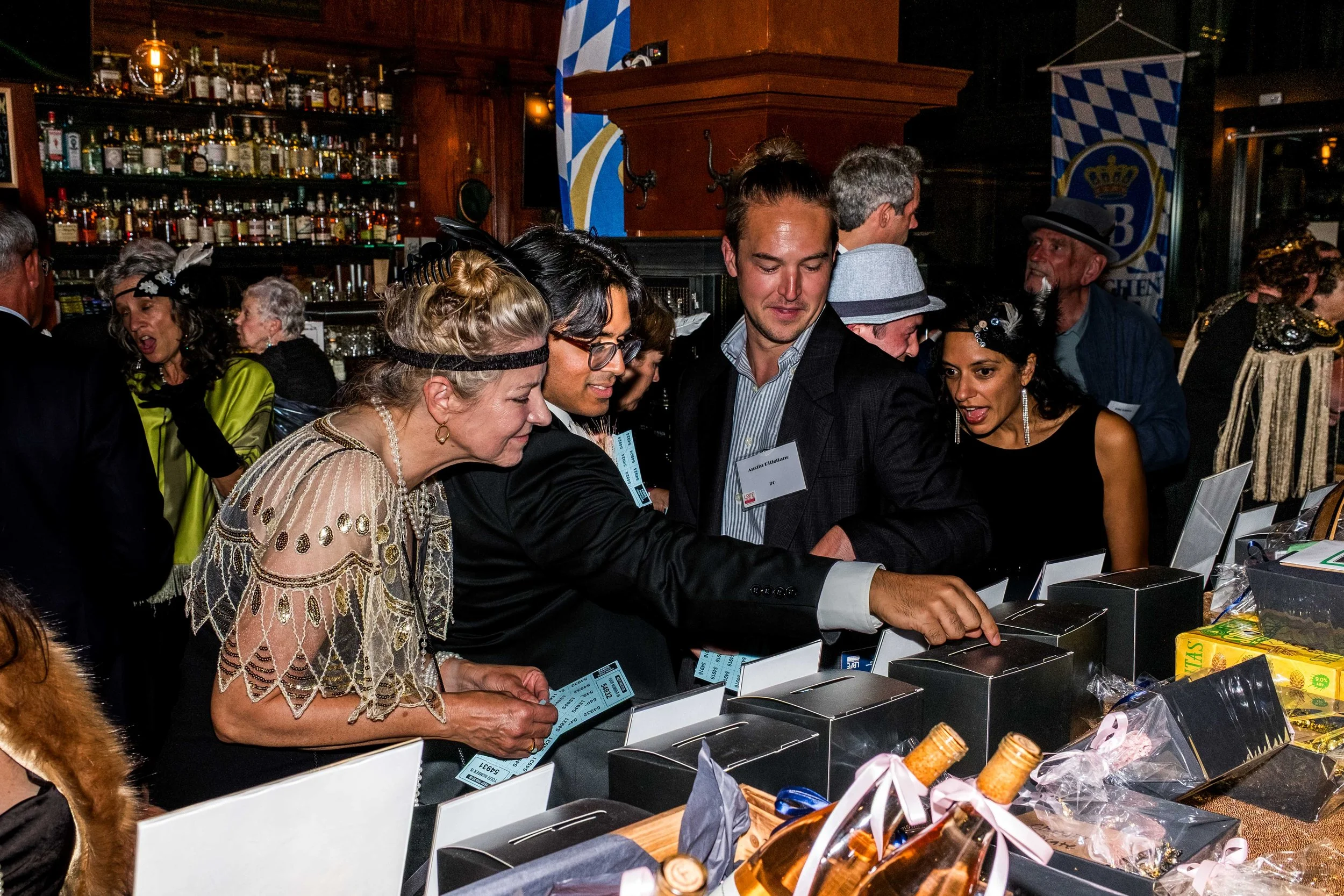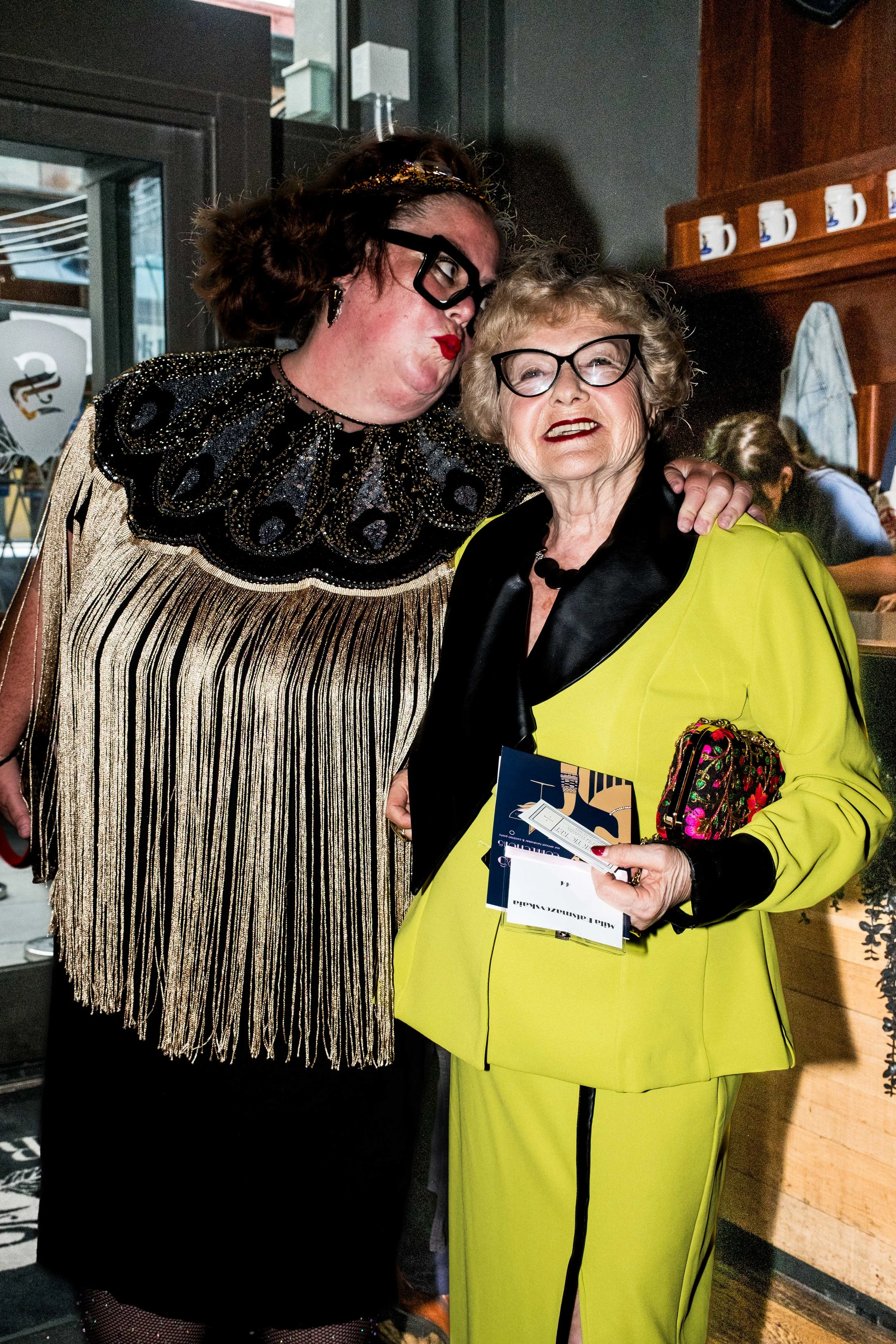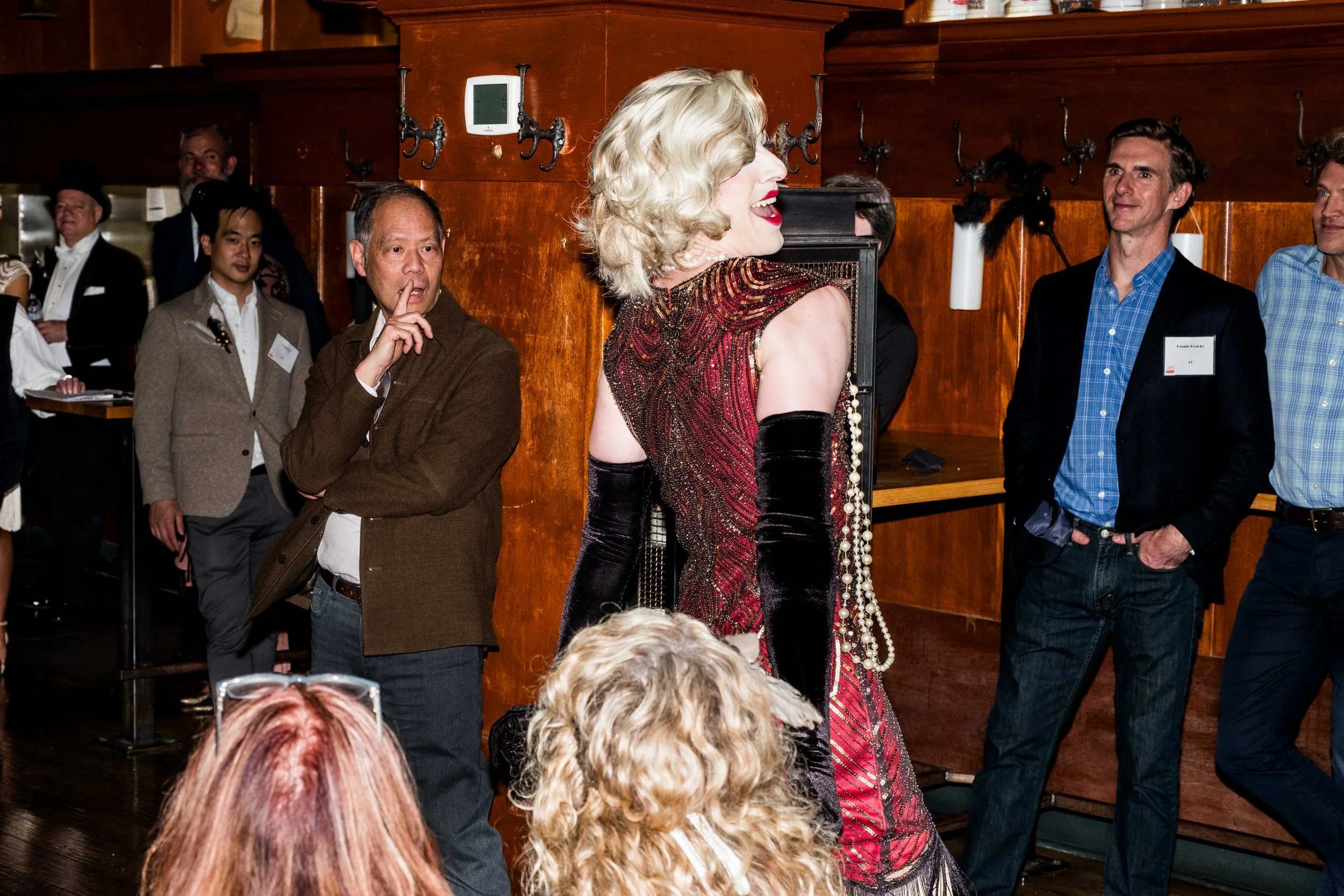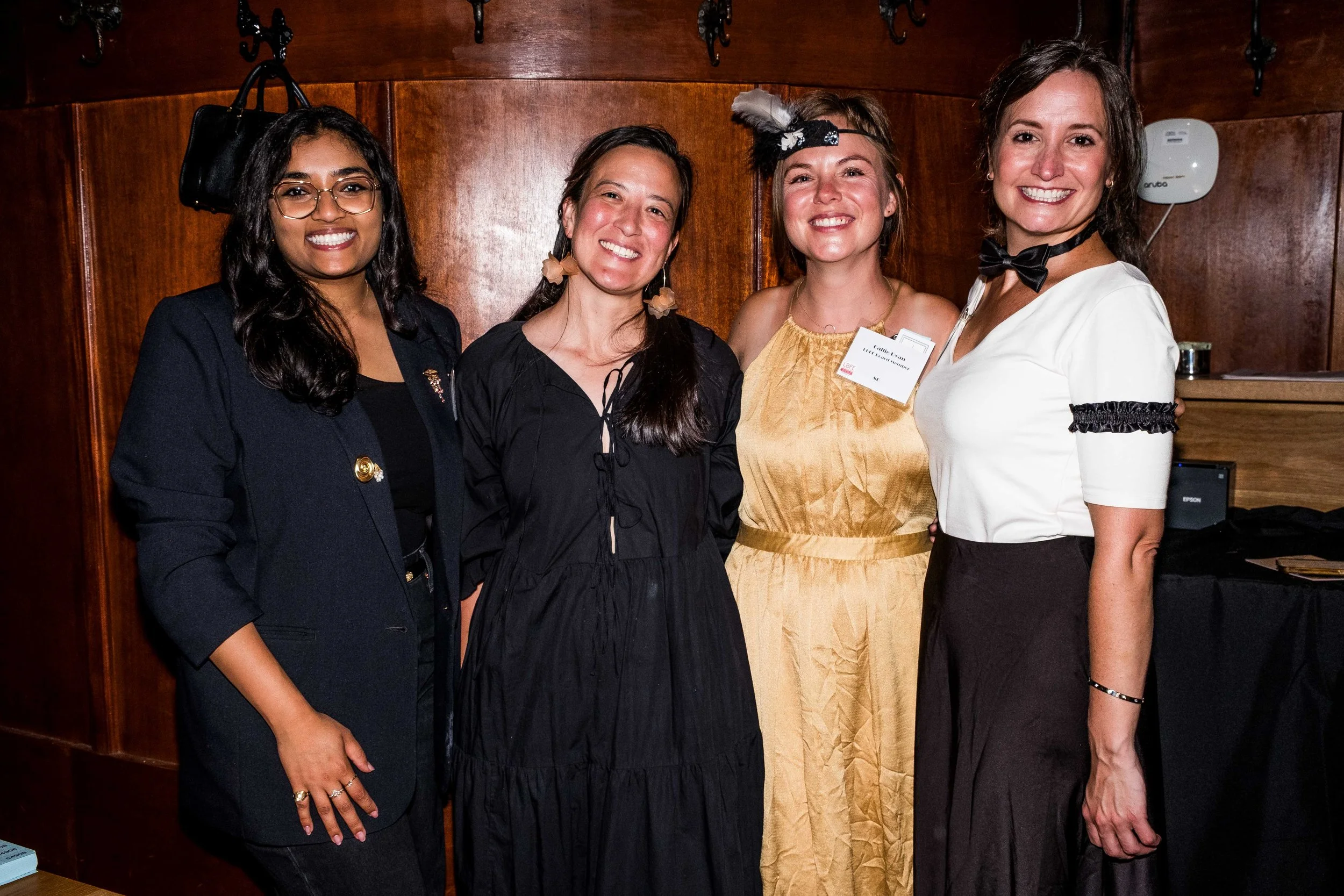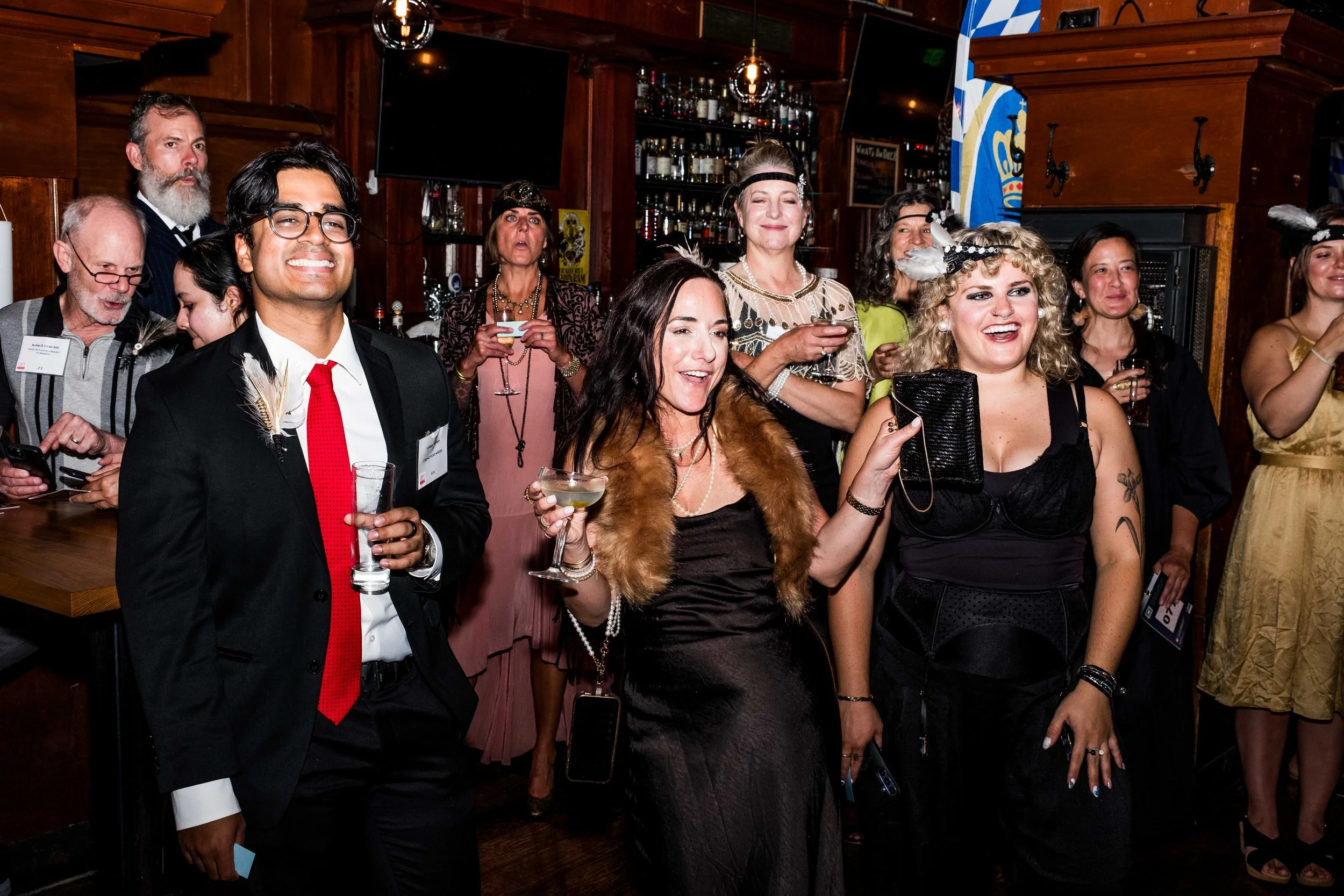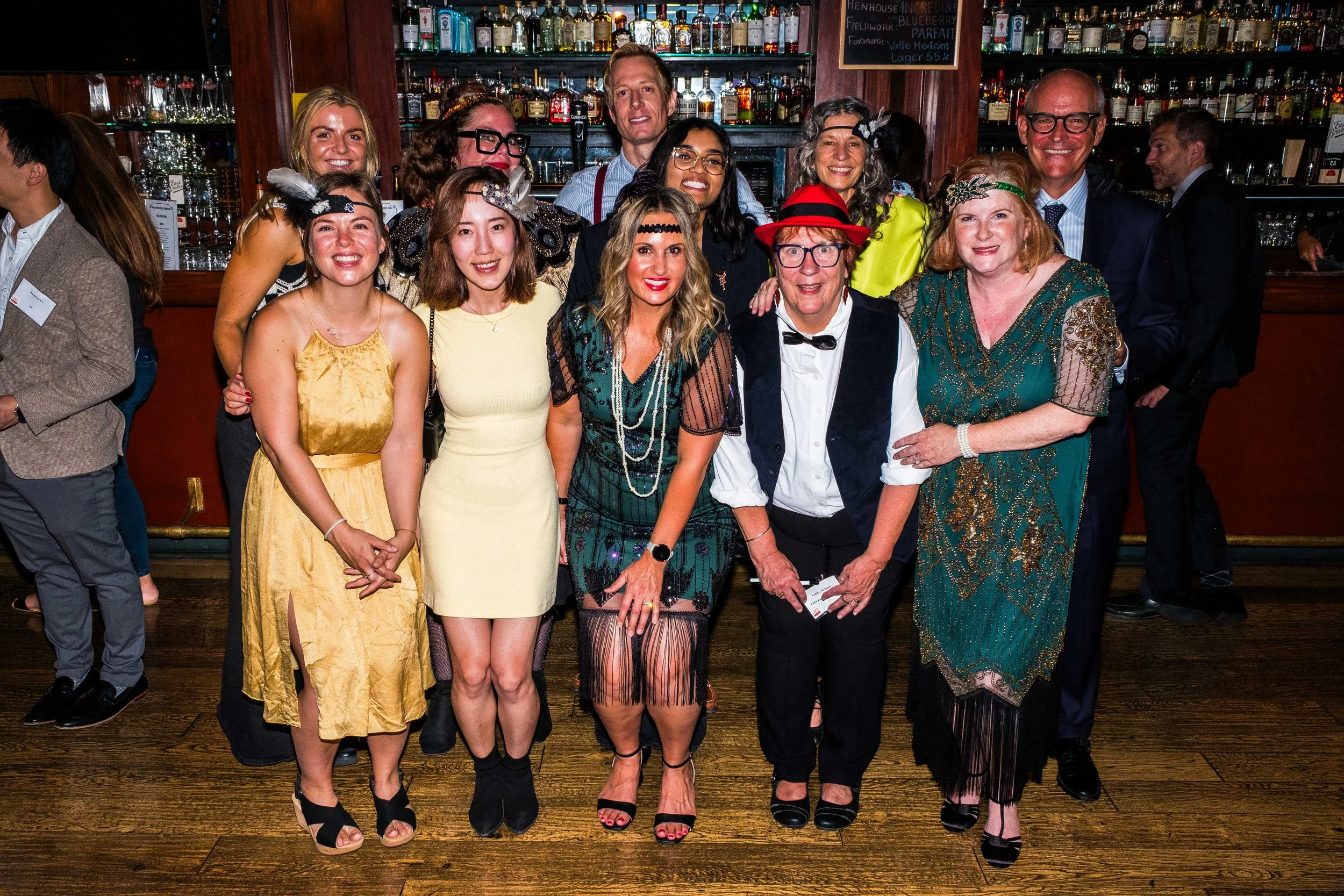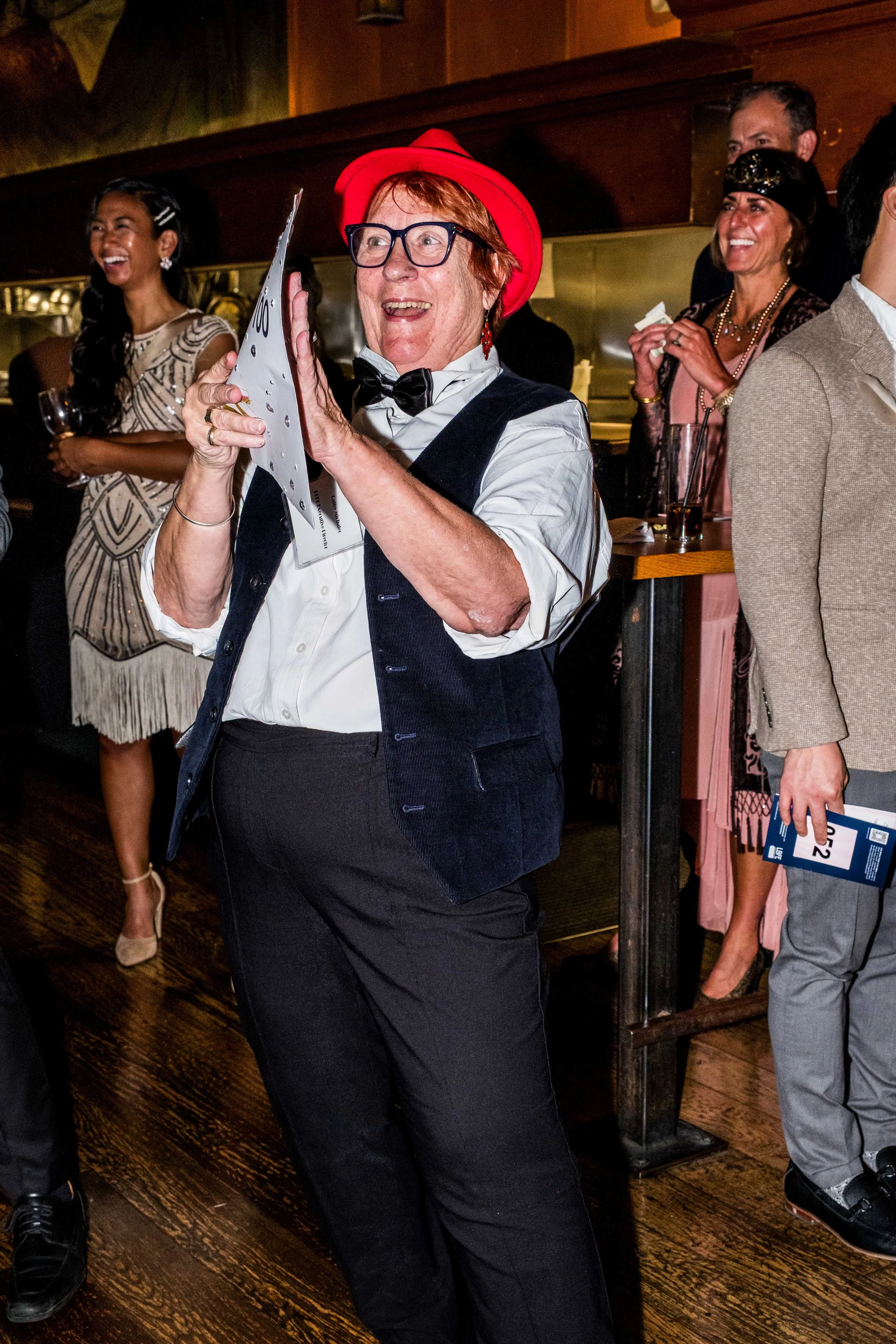
Building friendships that last a lifetime.
Refer
We offer no cost social programs for isolated older adults living in San Francisco. Do you know someone who would benefit from our services?
Volunteer
Are you looking for a meaningful volunteer opportunity where you can connect with your local community? Join our team of volunteers!
Donate
We appreciate your support! If you can’t volunteer your time, consider making a donation. Double your impact with your employer’s match program!
Upcoming events.
*
Upcoming events. *
THANK YOU
THANK YOU
Thank you to everyone who attended our 34th annual cocktail party and fundraiser! With your support, we raised more than $54,000 to help support lonely and isolated older adults in San Francisco.

